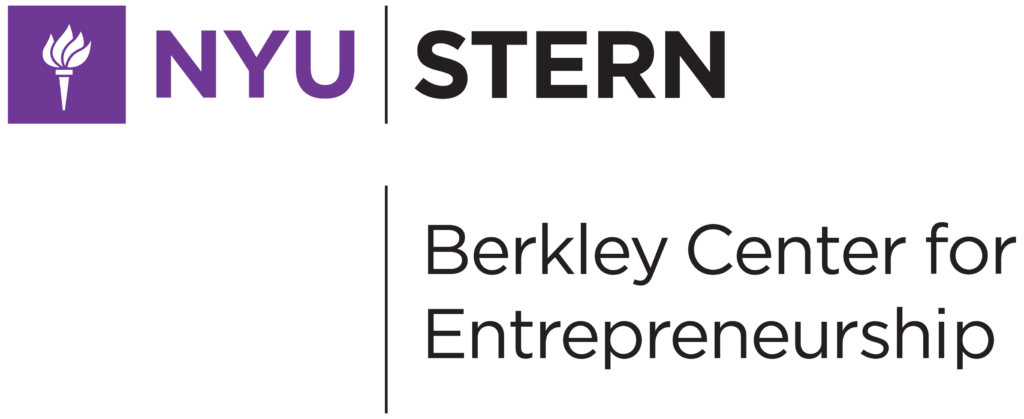
Getting Back to Basics: Muse Tax
By:Colin Horsford (MBA ‘15)
Starting a company is unlike most things in the world. In just about everything else, you have an idea of what to do when something happens but it’s not the case when building a company from the ground up. You encounter things you’ve never experienced in your life. Black Swan events (statistically unlikely events) seem to happen frequently and there’s no playbook because no one has done what you’re doing before. For that reason, it is one of the most humbling experiences yet it is all so rewarding in the end if you stick around ‘til the end.
I was listening to How I Built This podcast with Guy Raz and he was interviewing Matt Mullenweg, founder of WordPress, Matt said two things that stuck out to me:
If you’re solving a difficult problem that has value then you’re onto something great, and sometimes success is not giving up
Looking at my entrepreneurial journey, these two statements rang true. I co-founded a company called Muse with my longtime friend, Busayo Ogunsanya. Muse uses A.I. to extract data from tax returns and uses it to maximize tax refunds and helps users make smart money decisions. You simply upload your tax return and our A.I. checks to see if you got the largest refund and search to see if there are any financial products that could help you save money. It is a problem that millions of Americans face every year because everyone wants the largest refund and no one wants to overpay their taxes.
Interestingly enough, Busayo and I initially set out to solve this problem independently of one another until we both ran into issues and a chance call made us realize we needed one another.
I had the idea of using A.I. to review tax returns because a computer can analyze large amounts of data better and faster than any CPA can. As I worked tirelessly to build out the A.I., I went through numerous iterations trying to find the right customer fit. I kept asking myself, “Okay, so you found users missed tax deductions, now what?” I wasn’t sure where the value added would be beyond letting people know that they could’ve gotten a larger refund. I was despondent and started feeling like I wasted my time. I applied to several accelerator programs and shopped the A.I. to several people but found no takers. Months had gone by and I had nothing to show for it. I built something that solved a difficult problem but what was the value added? I felt like a failure.
During a chance discussion with Busayo, he mentioned that he’s working on a way to connect consumers to the right type of tax and financial planning. He was also in a trough of despair and wondering which direction to take his idea. Our discussion led us to realize that we were both trying to solve the same problem. We saw that taxes sit at the intersection of the most crucial financial and life decisions Americans make. It dictates where you live, work, invest, save for retirement, and where you send your kids to college. Despite knowing that we are both working on the same problem, Busayo and I were hesitant to accept that our individual approach was not the right solution. It was a humbling experience because it almost felt like accepting failure.
There is often a negative stigma attached to pivoting. Busayo and I were aware of this but knew that our combined efforts would foster a much better value proposition. We had to overcome our pride and accept that our initial ideas weren’t the answer but together we could build the right product. We were both at our wit’s end when we had the conversation to keep going. It is an internal struggle to accept that something didn’t work but we knew that we had to persevere. We had a mission and we were dedicated to seeing it through. We decided to start from scratch and crafted a value proposition that encompasses both of our ideas.
Fast forward a few months and Busayo and I are starting to see the benefits of our combined efforts come to fruition. Going through a pivot made me question everything about myself and I struggled with doubting my abilities. I was so used to being a good worker at previous jobs but there are no stellar manager reviews in startups. It either works and people want it or it doesn’t. What matters is seeing your mission through and not giving up.

